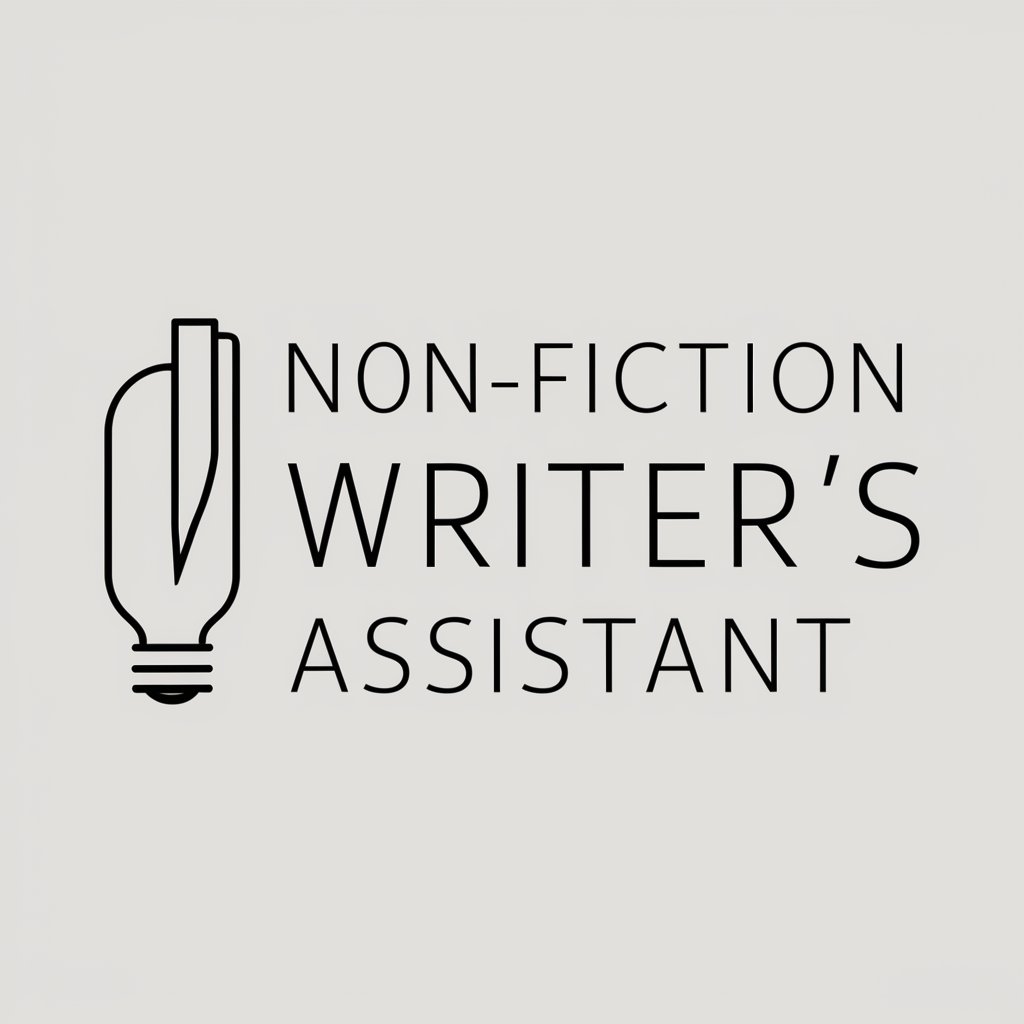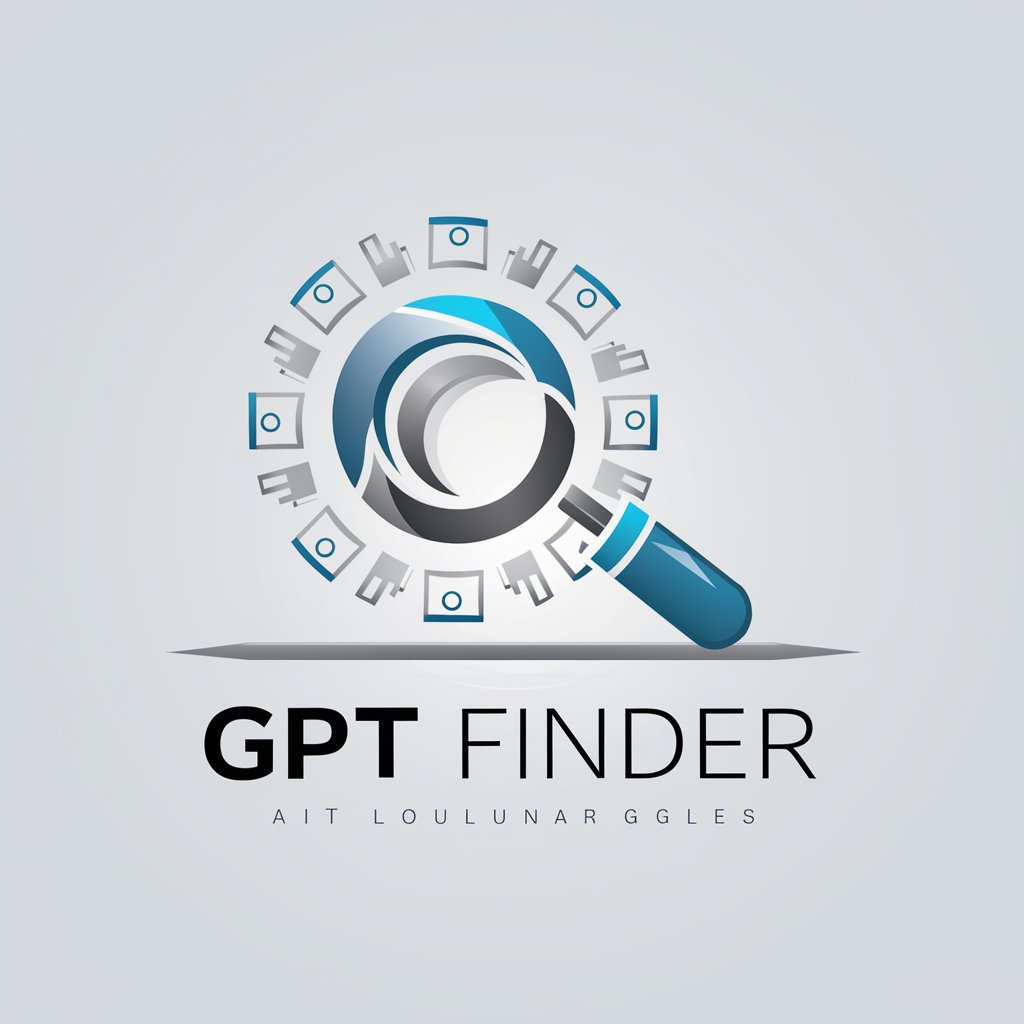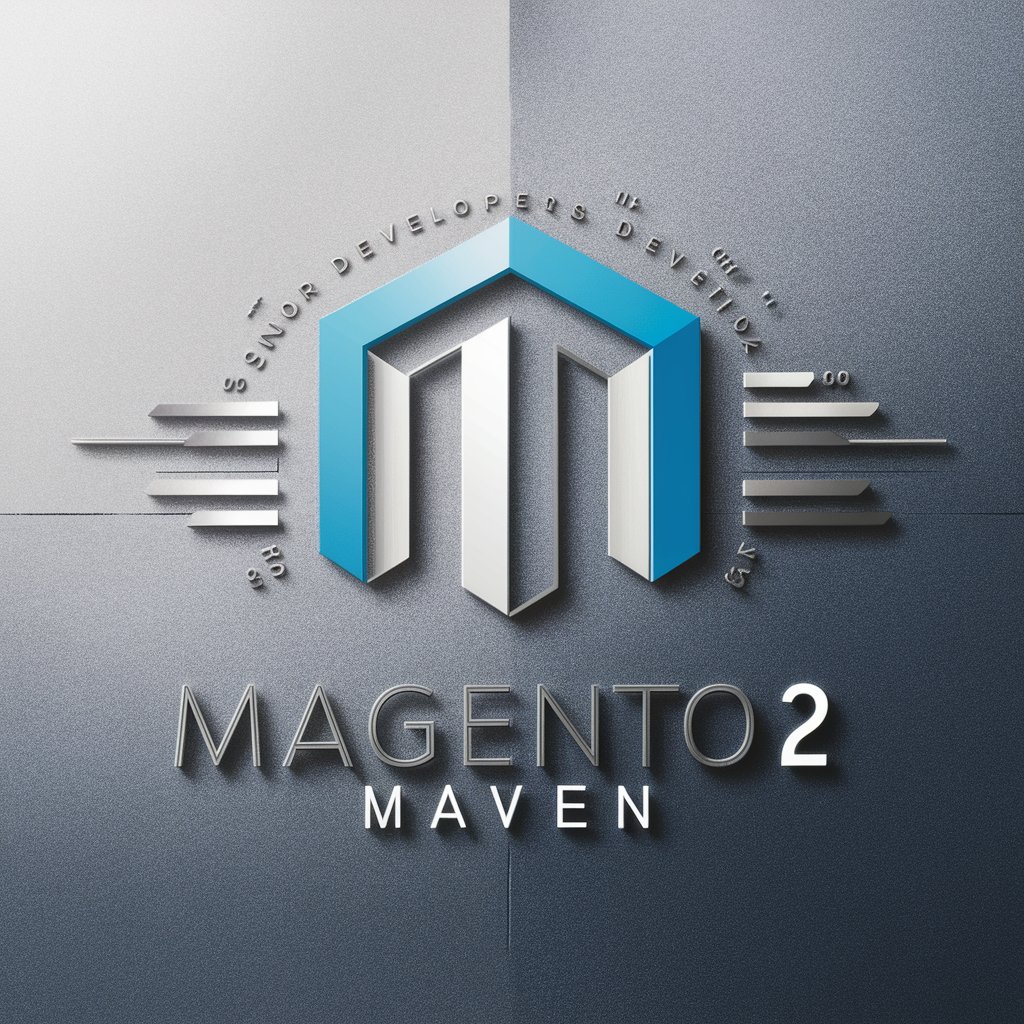Non-Fiction Writer's Assistant - AI-Powered Writing Support

Welcome! Let's create compelling non-fiction content together.
Empowering Your Non-Fiction Journey with AI
Expand on the benefits of using a Non-Fiction Writer's Assistant for authors.
Describe the key features of a successful non-fiction book.
Discuss the importance of accuracy and relevance in non-fiction writing.
Explain how a Non-Fiction Writer's Assistant can enhance the writing process.
Get Embed Code
Introduction to Non-Fiction Writer's Assistant
The Non-Fiction Writer's Assistant is a specialized tool designed to support authors, researchers, educators, and professionals in creating accurate and engaging non-fiction content. Unlike generic writing assistants, it focuses on enhancing the factual integrity, coherence, and depth of non-fiction narratives. Its core functionality includes generating content based on outlines or ideas, suggesting improvements, and refining the structure and flow of the text. An example scenario where the Non-Fiction Writer's Assistant proves invaluable is when an author is drafting a history book. The assistant can expand on bullet points about historical events, offering detailed narratives complete with context, significance, and analysis. Similarly, for a researcher compiling a literature review, it can suggest additional sources, identify gaps in the argumentation, and help structure the review for clarity and impact. Powered by ChatGPT-4o。

Main Functions of Non-Fiction Writer's Assistant
Content Expansion
Example
Expanding an outline of a chapter on renewable energy technologies into a comprehensive narrative, including the history, current state, and future prospects of each technology.
Scenario
An author is struggling to flesh out a chapter of their book on sustainable technologies. The assistant transforms their brief bullet points into detailed sections that engage and inform the reader.
Structural Refinement
Example
Reorganizing a disjointed manuscript on public health initiatives into a coherent narrative that logically progresses from historical background to current challenges and opportunities.
Scenario
A public health advocate is compiling a report but finds the structure lacking in flow and clarity. The assistant suggests a new arrangement of sections and subheadings that enhance readability and logical progression.
Factual Verification and Enhancement
Example
Identifying inaccuracies in a draft about the effects of climate change on ocean currents and suggesting up-to-date, peer-reviewed sources to corroborate the facts.
Scenario
A climate scientist is writing a paper but is unsure about the accuracy of certain claims. The assistant flags these inaccuracies and recommends reliable sources for verification, ensuring the paper's credibility.
Ideal Users of Non-Fiction Writer's Assistant Services
Authors and Writers
This group includes individuals writing books, articles, or reports on factual topics. They benefit from the assistant's ability to generate detailed content from outlines, ensure factual accuracy, and improve the overall readability and structure of their work.
Academic Researchers and Students
Researchers and students preparing literature reviews, research papers, or thesis documents will find the assistant invaluable for structuring their arguments, sourcing accurate information, and expanding on complex ideas to meet academic standards.
Professionals and Educators
Professionals drafting reports, proposals, or educational content require not only accuracy but also clarity and engagement in their writing. Educators creating curriculum materials or informational resources for students can leverage the assistant to enhance content quality and relevance.

How to Use Non-Fiction Writer's Assistant
1. Start Your Journey
Initiate your writing project by visiting yeschat.ai for a hassle-free trial that requires no login or subscription to ChatGPT Plus.
2. Define Your Project
Clearly outline your non-fiction writing project's goals, target audience, and subject matter to guide the assistance you seek.
3. Interact with the Assistant
Engage with Non-Fiction Writer's Assistant by posing specific questions, requesting expansions on ideas, or seeking structure refinement for your content.
4. Utilize Feedback for Refinement
Incorporate the assistant's suggestions and feedback to enhance the accuracy, relevance, and engagement of your non-fiction content.
5. Finalize Your Content
Review and edit the generated content to ensure it aligns with your project's objectives, making any necessary adjustments for coherence and flow.
Try other advanced and practical GPTs
GPTixy eCommerce SEO PRO
Optimize eCommerce with AI-driven SEO

Cinema Assistant AI
Empower Your Movie Experience with AI

Bookio
Empowering Your Bets with AI Insights

eCommerce Bot
Empowering eCommerce with AI Insights

MuSE
Powering Innovation with AI and Crop Circles

Bitcoin Timelock Explorer
Unlocking Time with AI-Powered Insights

Cannabis Cultivation Advisor
AI-Powered Cannabis Cultivation Companion

VolunLink
Connect to Cause with AI

Guffett Stock Analyzer
AI-Powered Stock Market Insights

[GPTv2] Doctor
Empowering Your Decisions with AI
![[GPTv2] Doctor](https://r2.erweima.ai/i/a8rMxBELQwucIzwThXA6jg.png)
GPT Finder
Navigate AI with Precision

Magento 2 Maven
Empowering Magento 2 Development with AI

Frequently Asked Questions about Non-Fiction Writer's Assistant
Can Non-Fiction Writer's Assistant help with academic research?
Absolutely. The Assistant is designed to aid in the development of coherent, factual narratives suitable for academic research, helping to synthesize information and structure arguments effectively.
Is it suitable for writing biographies?
Yes, it excels in crafting biographical narratives, providing structure and depth to personal stories, historical contexts, and life achievements.
How can it assist in creating business reports?
By analyzing and organizing data, insights, and trends into clear, compelling reports tailored to the target audience, enhancing decision-making processes.
Can it help in writing for blogs and online content?
Definitely. It can help generate engaging, informative content optimized for online readership, focusing on SEO-friendly practices and reader engagement strategies.
Is it possible to refine and edit content with the Assistant?
Yes, the Assistant not only generates content but also offers suggestions for improvement, ensuring the final product is polished, accurate, and ready for publication.
